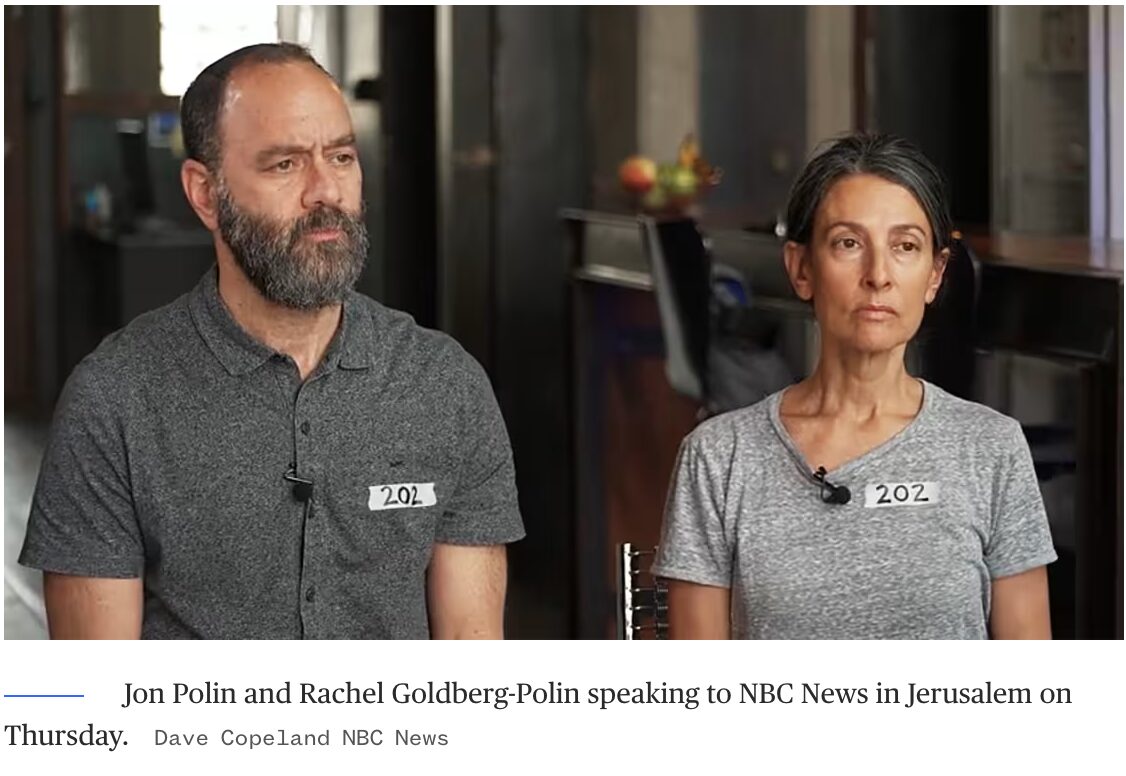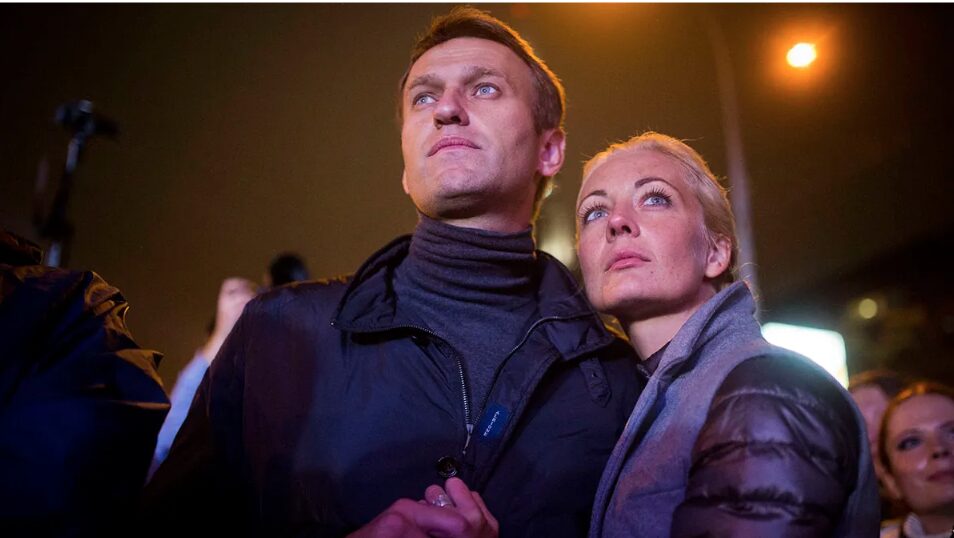In our new class, entitled Soul of Anatomy, we are looking at the correspondences between limbs of the physical body and the spiritual nature of the commandments (there are according to Jewish tradition 248 limbs of the body and 248 positive commandments of the Torah). These past two weeks we have been looking at the Mitzvot (commandments) related to the fingers (hands). One of the Mitzvot of the fingers, based on the Kabbalist’s formulated correspondences, is a mitzvah to count people by their giving a coin donation (to the Temple)—while refraining from counting them directly. This Mitzvah is called the “half shekel” as the half coin is the designated amount each person gives—no more no less. This week in synagogues we commemorate this act of communal giving by reading from the Torah the portion is Exodus regarding this commandment (Exodus 30:11-16). Of course, we could easily see the connection of counting and our fingers—who of us did not initially learn to count otherwise?
Judy Wartell suggested in class that a possible explanation of why we each give a half shekel is so that no one points a finger (negatively toward someone who has not contributed) and that no one raises a finger pointing to themselves (I gave more).
I would like to focus your attention on the idea of not counting a person directly (assigning them a number) and instead “counting them” by a half-coin they have donated. It seems at first glance childish—are we not counting them anyway—just indirectly? Perhaps the deeper meaning of this counting is to be very cautious in seeing each person as an individual, especially when it comes to how each participates in the community. All are equal and yet that does not make them just a number—they are still the unique individual adding their half coin to the whole.
We have seen the indignity of making people a number. I am referring especially to the Nazis who branded each concentration camp inmate with a number. A television show I was fascinated by as a child was The Prisoner in which Patrick McGoohan (a name I will never forget) was prisoner #6. That was his identity. That was the inmate’s numbers in the camps—dehumanizing the person and counting them only as a number.
While all of our names equal a number (in Gematriyah) that does not mean we are a number. The number provides another clue about our essence. So we were commanded to never count people—not to assign them a number. We must elevate through our counting the dignity of each person.
I would therefore like to suggest and request that each of you give a quarter (we will set up a donation box) and with that we will purchase candles that we can light before each class. Please follow the lead of the half shekel—a quarter from each one of us—no more and no less.











0 Comments